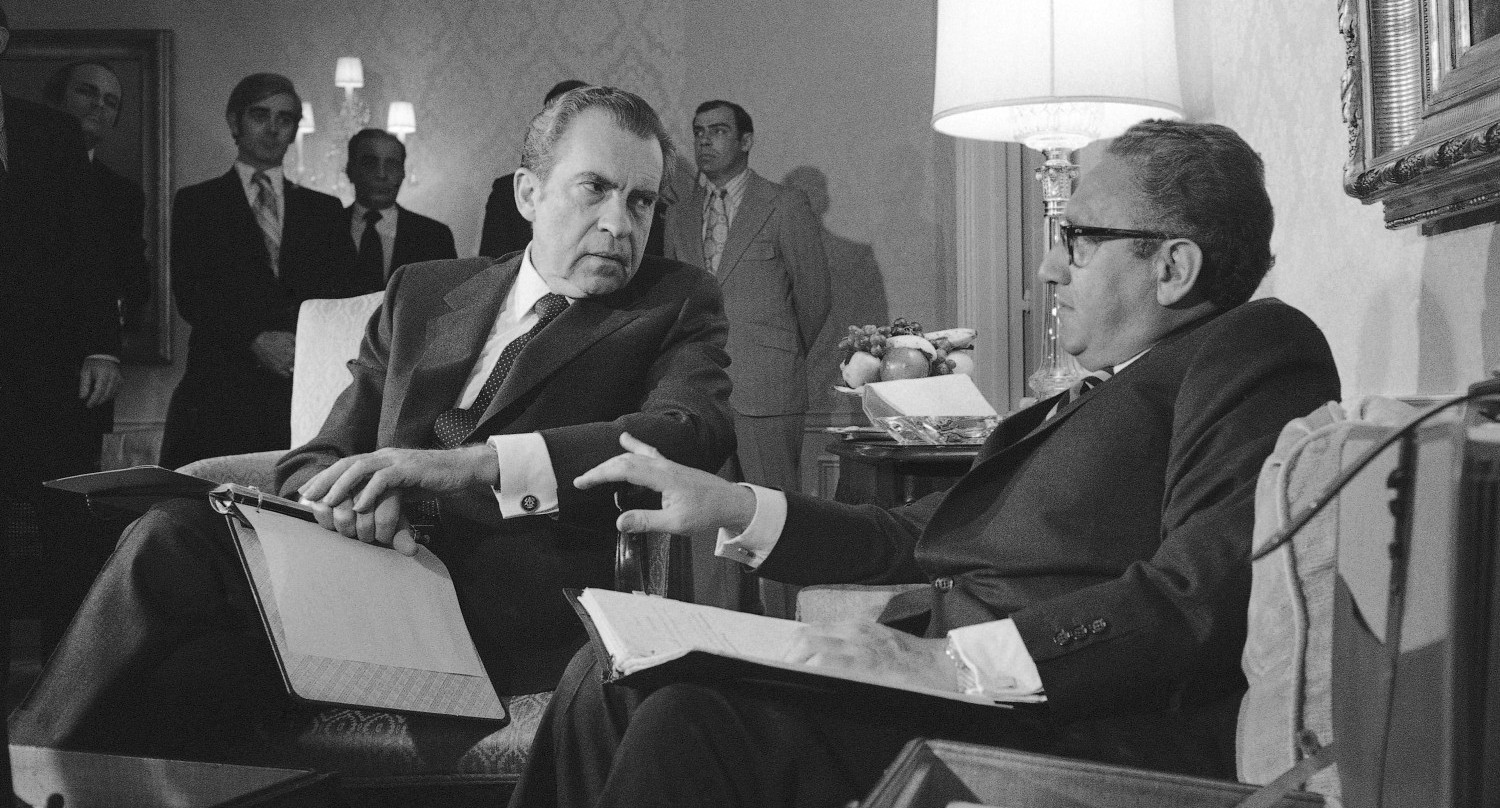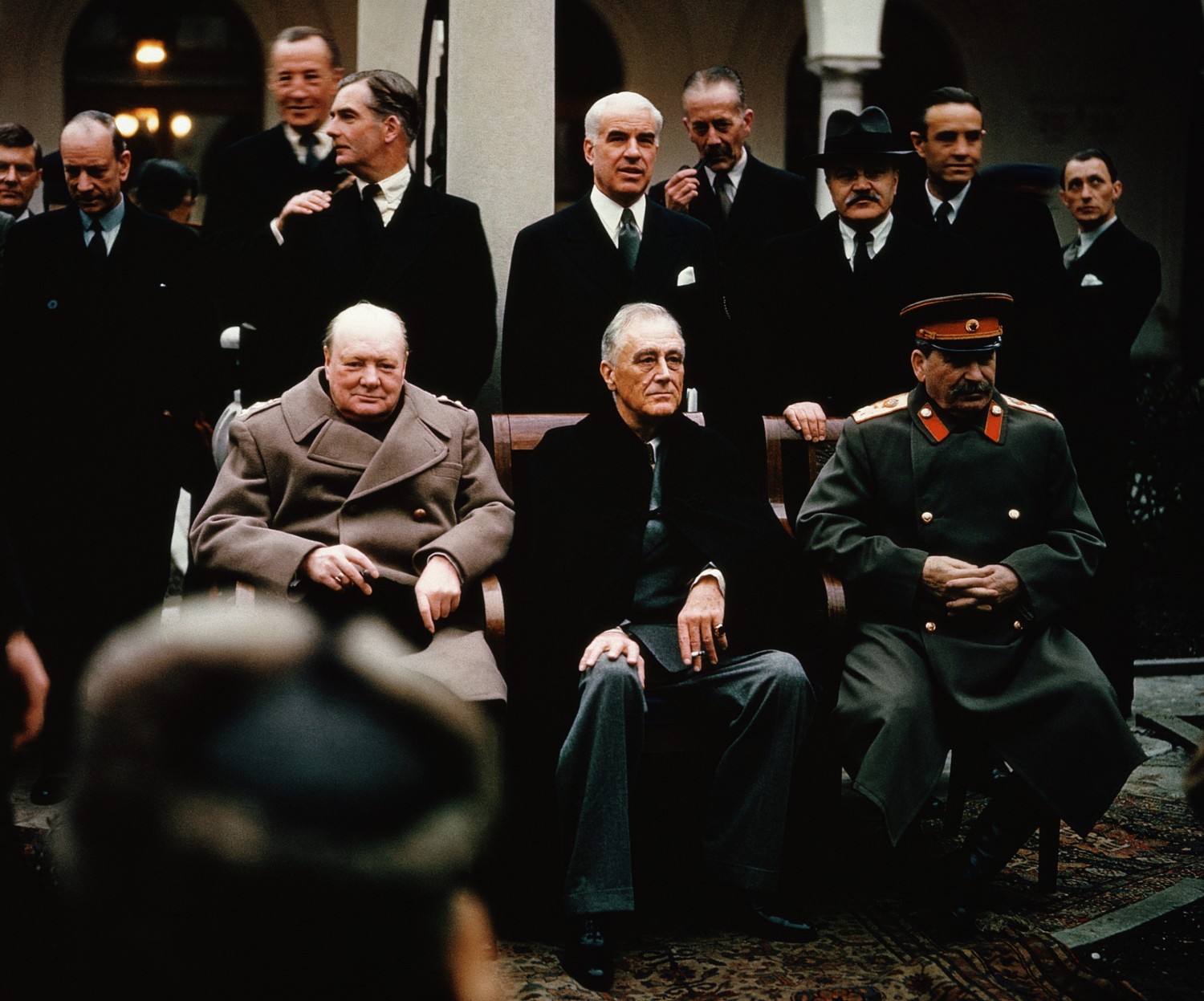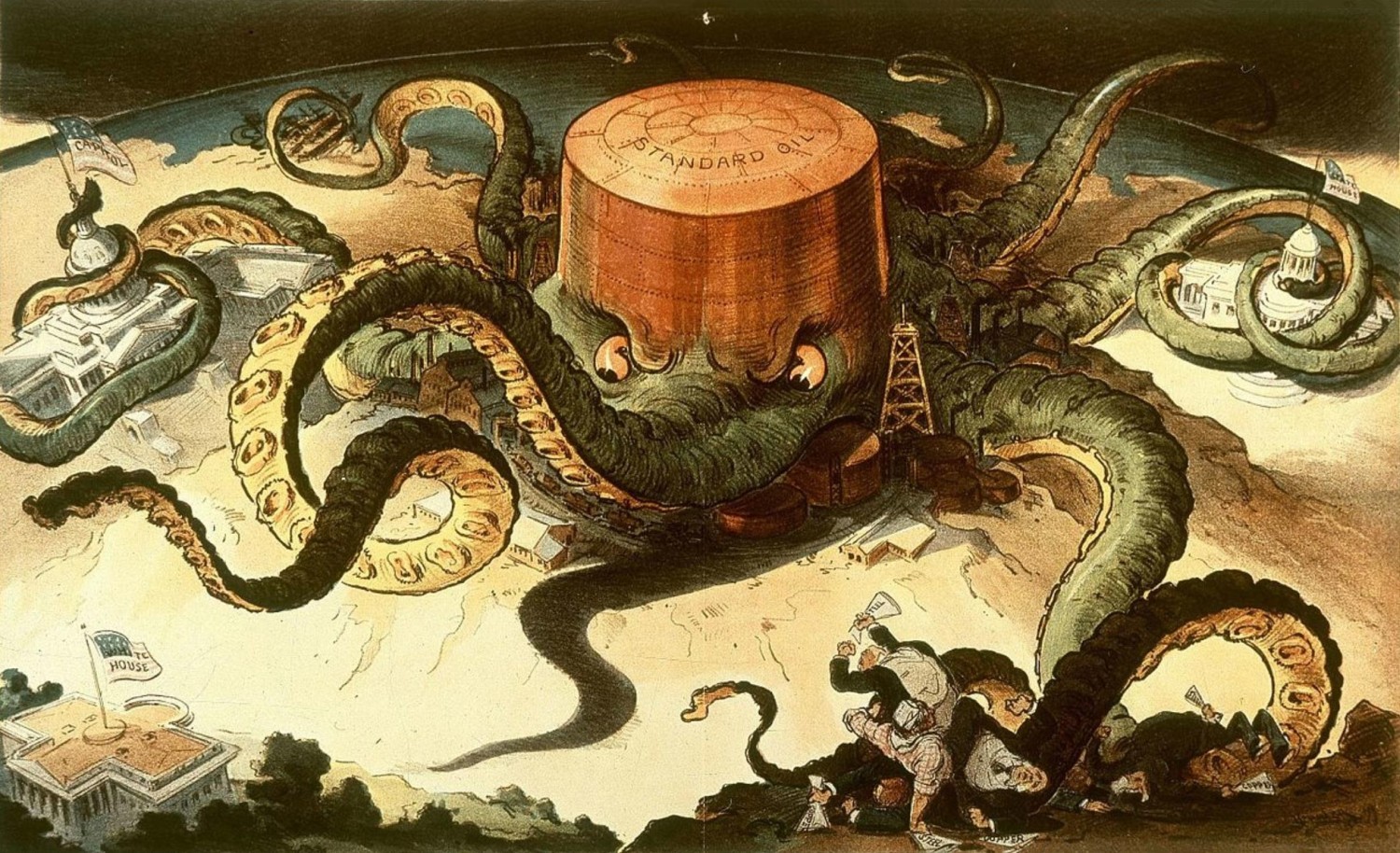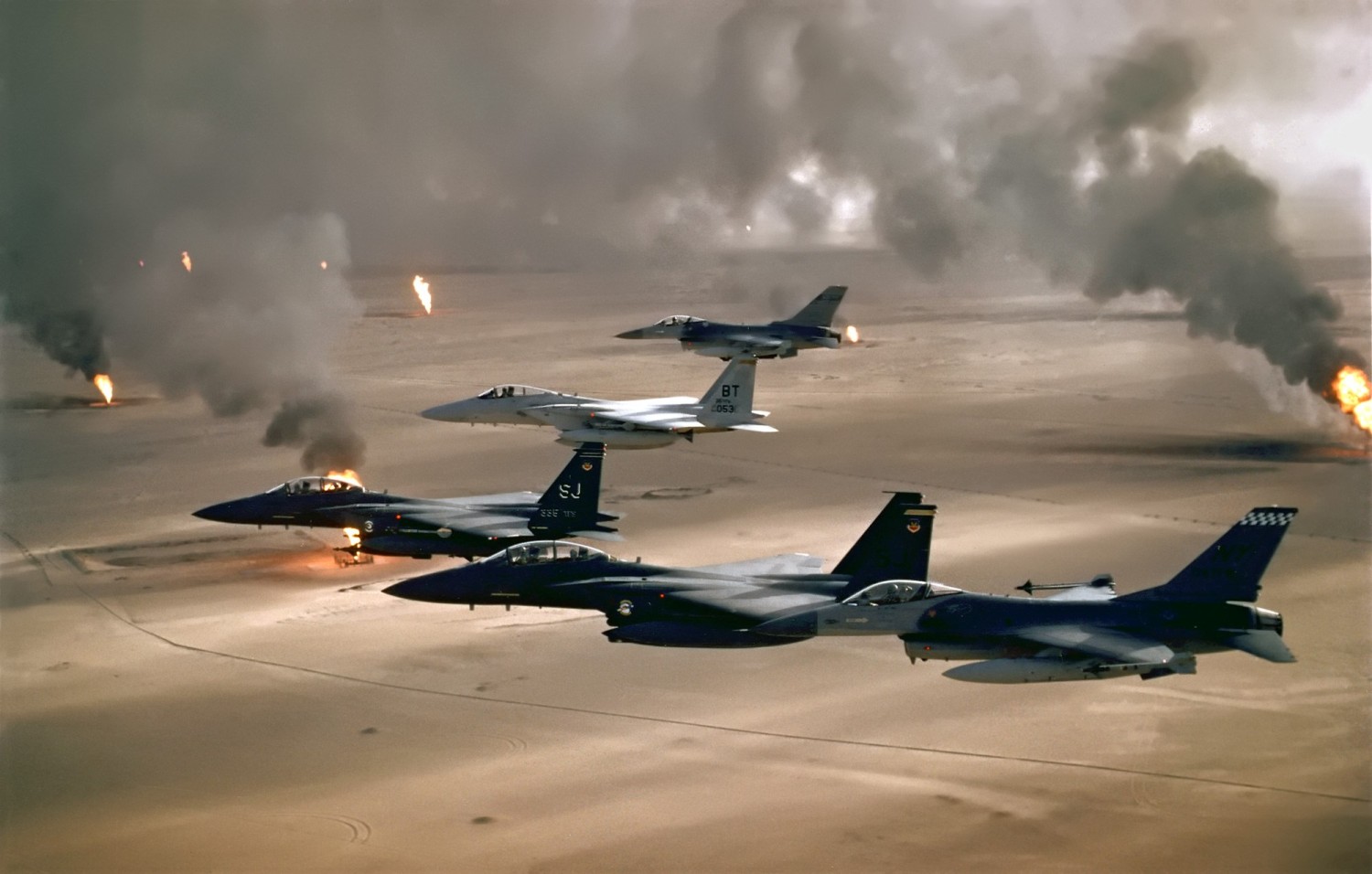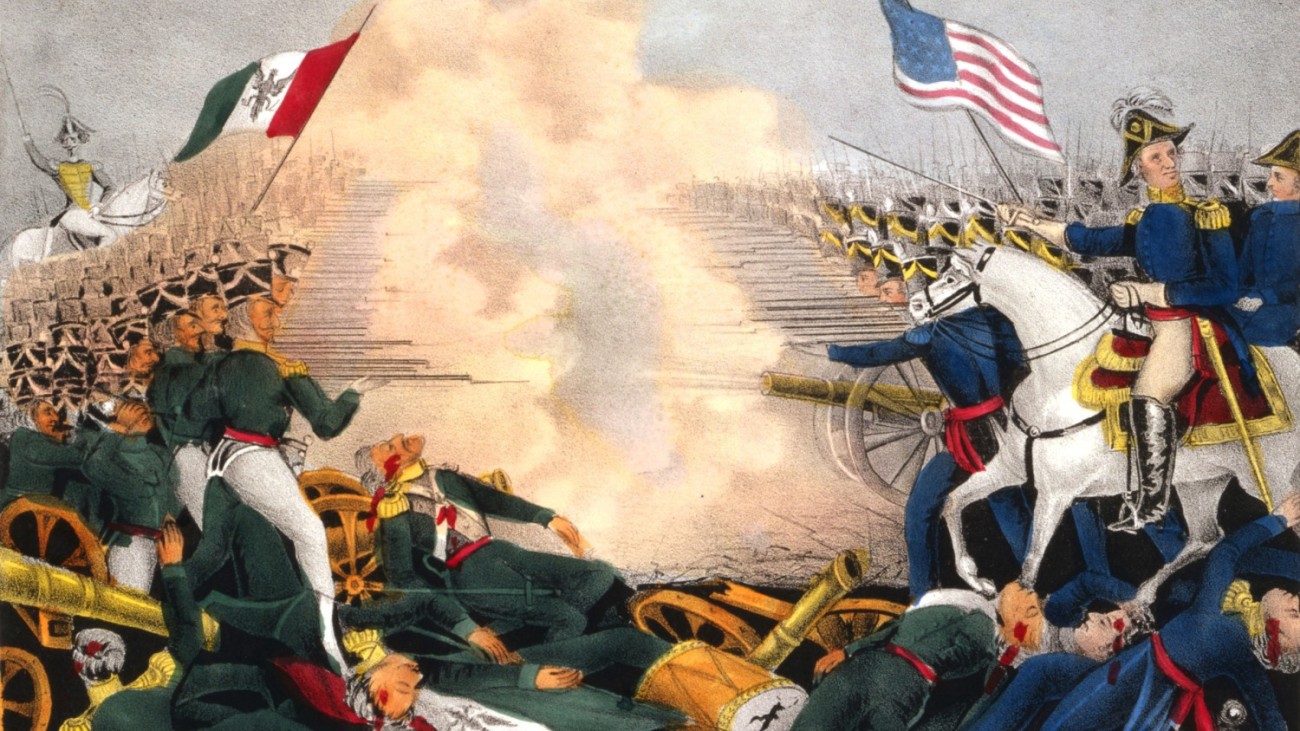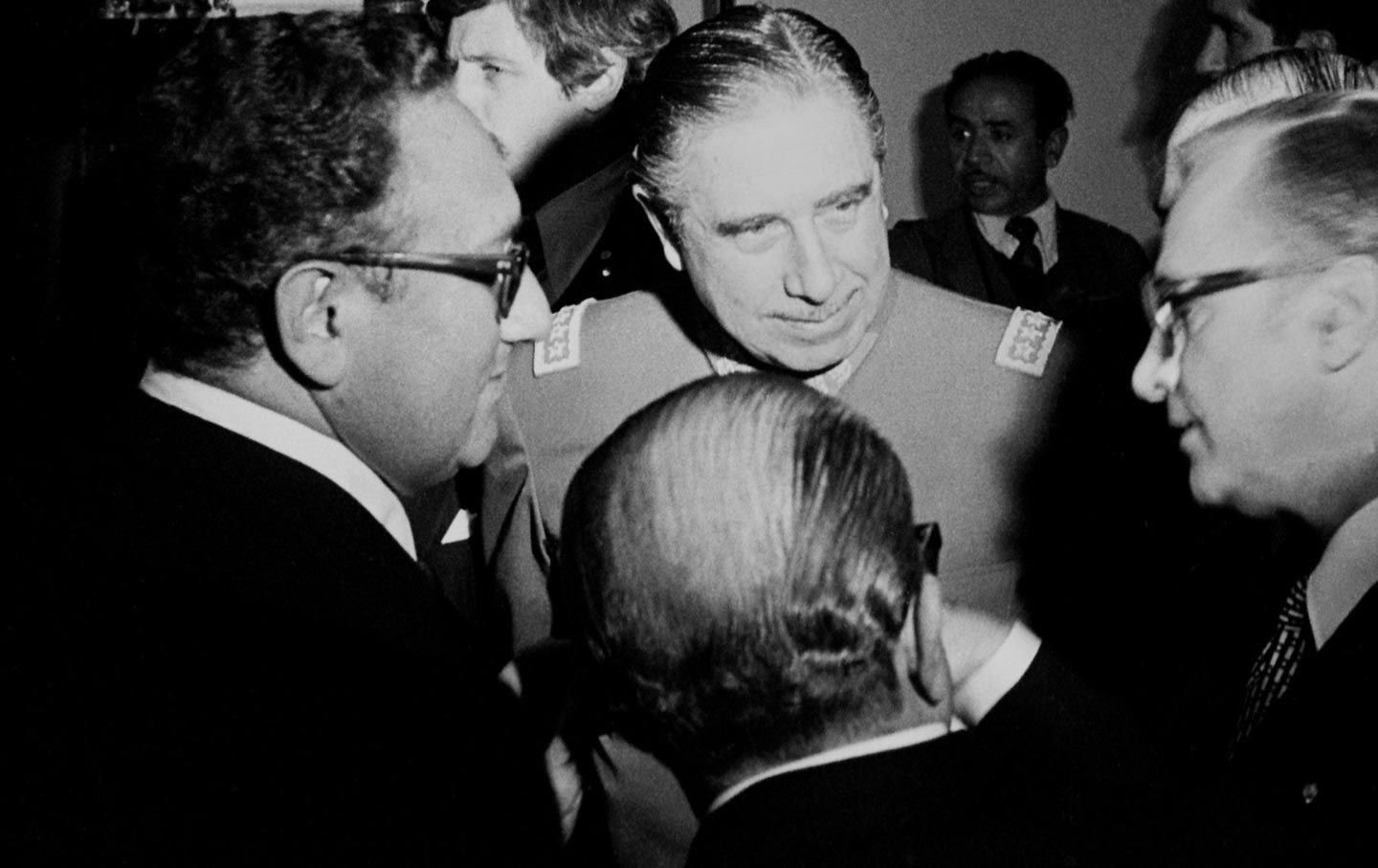Realpolitik
Power politics
Realpolitik is distinct from ideological politics in that it is not dictated by a fixed set of rules but instead tends to be goal-oriented, limited only by practical exigencies. Since Realpolitik is ordered toward the most practical means of securing national interests, it can often entail compromising on ideological principles. For example, during the Cold War, the United States often supported authoritarian regimes that were human rights violators to secure theoretically the greater national interest of regional stability. After the end of the Cold War, this practice continued.*
Realpolitik is politics based on practical and material factors rather than on theoretical or ethical objectives. Power politics prioritizes national self-interest over the interests of other nations or the international community, and may include threatening one another with military, economic or political aggression to protect one nation's own interests. The United States is a prime example of this. Henry Kissinger was an advocate of Realpolitik. He was US foreign policy adviser and one of the key architects of the Anglo-American Empire. He was also involved in the Trilateral Commission, the Council on Foreign Relations and the Bilderberg Group. He said things likeAmerica has no permanent friends or enemies, only interestsandPower is the ultimate aphrodisiac.It's of course all about power.
Geography is the most fundamental factor in foreign policy because it is the most permanent.
Geopolitics is the study of the effects of Earth's geography on politics and international relations and it is essential for understanding international affairs and conflicts. The place on earth explains a lot about why the power elite are there. We live in an extremely materialistic world led by the United States whose power elite need the earth's resources to make profit and gain power.
In the picture the developed western world is depicted in blue, the lesser developed world in orange. Historically the power elite of the imperial developed world became rich from plundering the rest of the world's wealth. They still do so today as part of globalization. The western world is constantly meddling with the affairs of, and even waging wars in, the lesser developed world for profit and for expanding their power at the expense of the rest.
Every international order in early modern and modern history is based on an energy resource.*
Ever wondered why Russia, China, Venezuela, Iraq, Iran, Libya, and other often bordering countries are the focus of the western elite? One way is to simply take a look at the map of proven oil reserves. In 1974 Henry Kissinger wrote...
Whatever may be done to guard against interruptions of supply and to develop domestic alternatives, the U.S. economy will require large and increasing amounts of minerals from abroad, especially from less developed countries. That fact gives the U.S. enhanced interest in the political, economic, and social stability of the supplying countries. Wherever a lessening of population pressures through reduced birth rates can increase the prospects for such stability, population policy becomes relevant to resource supplies and to the economic interests of the United States.
Even during WW2, Roosevelt and Churchill had been eyeing the growing oil reserves of the Middle East. On August 8, 1944, the Anglo-American Petroleum Agreement was signed, dividing Middle Eastern oil between the US and the UK. Roosevelt said, "Persian oil... is yours. We share the oil of Iraq and Kuwait. As for Saudi Arabian oil, it's ours." However this arrangement did not include the people of the countries concerned.*
Especially since the Industrial Revolution, starting in Great Britain and then spreading to Europe and the US, together with the rise of materialism, the earth's resources and energy security play a defining role in world politics. It is no secret that US politics and oil enjoy a controversially close relationship. Oil has been the world's leading source of energy since the mid-1950s. With around 6% of the world's population, the US consumes about 22% of global total oil consumption.* Synthetic plastics are derived from crude oil, natural gas or coal. Pharmaceuticals are made with byproducts of petroleum.* Oil and other resources are of extreme importance to capitalist nations and their industries.
This cartoon depicts John D. Rockefeller's Standard Oil company by which he aimed to get a monopoly. The Rockefeller family is one of the richest families on earth. Big Oil is the western oil cartel which dominated global oil extraction and sales until OPEC came into existence in 1960. OPEC is the second oil cartel formed by exporting countries like Saudi Arabia, China, Russia, Brazil, Iran and Venezuela in the 1960s. Not surprisingly many countries involved in OPEC are under attack by the Anglo-American power elite. The 1973 oil crisis and the 1979 oil crisis made clear how important oil is in this materialistic world run by the power elite. In January 1980 US president Jimmy Carter speeched...
Let our position be absolutely clear: An attempt by any outside force to gain control of the Persian Gulf region will be regarded as an assault on the vital interests of the United States of America, and such an assault will be repelled by any means necessary, including military force.
The Carter Doctrine is the self-given authorization for plundering other nation's resources based on self-interest.
The 1973 oil crisis further fixed the value of the dollar as a result of this oil shock, bringing Saudi Arabia and the OPEC countries to make a secret agreement with Washington, the main architect being President Nixon’s legendary Secretary of State Mr. Henry Kissinger. This agreement provided that in exchange for Washington’s political and military protection, the OPEC countries would be required to sell oil only in dollars.*
The Saudi royal family is one of the world's richest families. They run an inhumane dictatorship and they're supported by the United States and the west. Examples of very lucrative but deadly and destructive wars related to resources were the Iran-Iraq War, the Gulf War, the Iraq War, the military intervention in Libya, etcetera. All those aggressive wars require a large army, the U.S. military is the largest institutional consumer of oil in the world.*
We've got to have the strongest military in the world, and we occasionally have to twist the arms of countries that wouldn't do what we need them to do if it weren't for the various economic or diplomatic or, in some cases, military leverage that we had.*
With the Nobel Peace Prize pinned to his suit he admitted that the United States makes use of regime change to further the imperialistic agenda of the Anglo-American Empire. Good examples of recent regime changes are Iraq, Afghanistan, Libya, and Ukraine. See also War on Drugs and Terrorism. Under Barack Obama regime change remained a US foreign policy, drone strikes became common practice*, the intelligence and espionage machine flourished globally, and his administration became known as the most secretive presidency in American history.* The goal of regime change is the creation of puppet states, in line with the goals of globalization.
Regime change ... has been an integral part of U.S. foreign policy for more than one hundred years. Starting with the toppling of the Hawaiian monarchy in 1893, the United States has not hesitated to overthrow governments that stood in the way of its political and economic goals.
Before the United States was labeled the "land of the free" the western imperialists exterminated the indigenous American indians. The Mexican–American War from 1846, after the 1845 U.S. annexation of Texas, is a good example of an early territorial war in which its power elite took large parts of Mexico. The US has a long history of involvement in Latin America*. That imperial policy essentially always stayed the same. See for example Nicolas J.S. Davies' article 35 Countries Where the U.S. Has Supported Fascists, Drug Lords and Terrorists * which mentions a few of those actions. William Blum made a list as well, see Overthrowing other people's governments: The Master List * or his book Killing Hope: U.S. Military and CIA Interventions Since World War II.
In the photo we see Henry Kissinger with Chilean Dictator Augusto Pinochet, responsables of the horrible coup to Salvador Allende which killed more than 3,000 people, jailed and tortured around 38,000 others, and forced tens of thousands into exile.*
Henry Kissinger urged President Richard Nixon to overthrow the democratically elected Allende government in Chile because his "'model' effect can be insidious," ... The posted records spotlight Kissinger's role as the principal policy architect of U.S. efforts to oust the Chilean leader, and assist in the consolidation of the Pinochet dictatorship in Chile.*
Iran is one of the few countries left in the world whose power elite do not do as the power elite of the Anglo-American Empire want them to do. In 2009 Kissinger said the following in an interview about Iran...
I think regime change can be supported by the United States, or can be wished for by the United States. I think when the United States attempts regime change by its own actions and becomes a principle party to the regime change, that it has usually backfired. I am sure that Americans would favor the emergence from the present situation of a truly popularly based government, and it is very appropriate for the President to make clear that that is what he favors. Now, if it turns out that it is not possible for a government to emerge in Iran that can deal with itself as a nation rather than as a cause, then we have a different situation. Then we may conclude that we must work for regime change in Iran from the outside.*
In 1973 Henry Kissinger was awarded the Nobel Peace Prize related to the Vietnam War. Around 1971 Kissinger opposed the release of the Pentagon Papers which documented Vietnam war crimes committed by the United States. In his Memoirs he wrote:
The massive hemorrhage of state secrets was bound to raise doubts about our reliability in the minds of other governments, friend or foe, and indeed about the stability of our political system.*
These are the kind of criminals that are awarded Nobel "Peace" Prizes in the western world.
